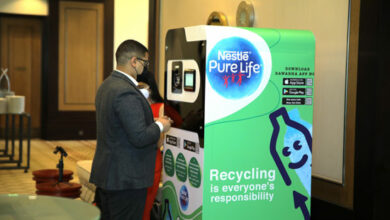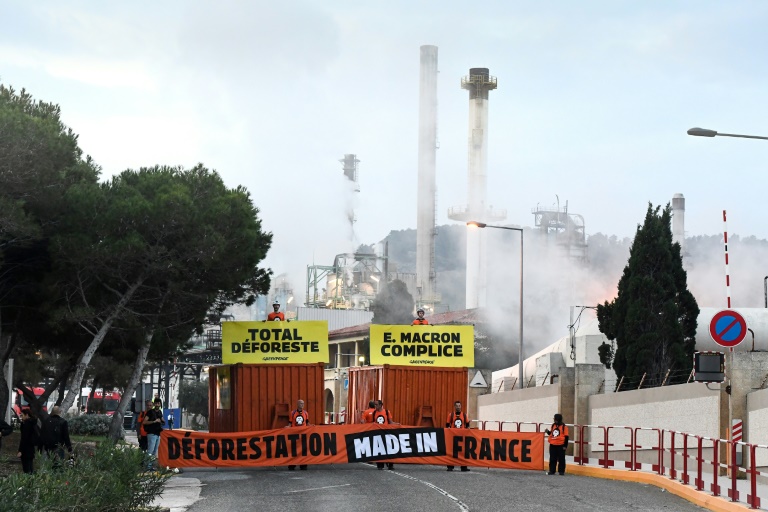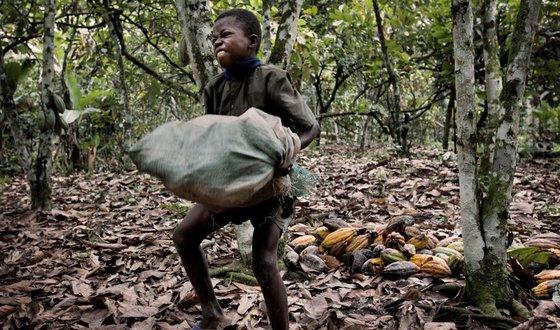
Nestle, the world's biggest food company, published on Wednesday a raft of social and environmental targets it aims to meet by 2020, including better labeling of its products, only using sustainable palm oil and cutting greenhouse gas emissions.
Nestle said the 30 goals it was setting included making sure all of its palm oil was responsibly sourced by the end of 2013, two years ahead of an initial commitment made in 2010 after campaigners Greenpeace targeted its KitKat chocolate brand.
In targets published alongside its annual report on Wednesday, it also pledged to cut greenhouse gas emissions per ton of product by 35 percent by 2015 compared to 2005, and cut direct water withdrawal per ton of product by 40 percent.
Consumer goods firms are coming under increasing scrutiny over their environmental impact and sourcing of raw materials, courting criticism on issues ranging from child labor on cocoa farms to the impact of palm oil plantations on rain forests.
"At Nestle we recognize that our position in society brings not only opportunities, but also responsibilities," Chief Executive Paul Bulcke said in a statement.
"We fundamentally believe our company can only be successful over time if we also create value for society."
In 2010, rival Unilever won praise for launching sustainability targets aimed at halving the environmental impact of the company that makes products from Dove soap to Flora margarine by 2020 while doubling the size of the business.
In response to mounting concerns about the global obesity epidemic, Nestle said it would provide portion guidance on all children's products by 2015 and would put guideline daily amounts (GDA) on the front of pack on more products by 2016.
It also said it would provide 200 billion servings of products fortified with micronutrients by 2016, with a focus on children and women of childbearing age.
Last year, Nestle and General Mills Inc said they will cut sugar and salt in the children's breakfast cereals they jointly market outside North America.
In a study published last month, development group Oxfam scored Nestle and Unilever highest among 10 of the top food and beverage companies assessed for their social and environmental impact on poor countries.
Oxfam demanded more action and more transparency on targets from all companies even though it said Nestle and Unilever had done more to tackle risks within their supply chains than those it ranked less favorably like Associated British Foods and Kellogg Co.




